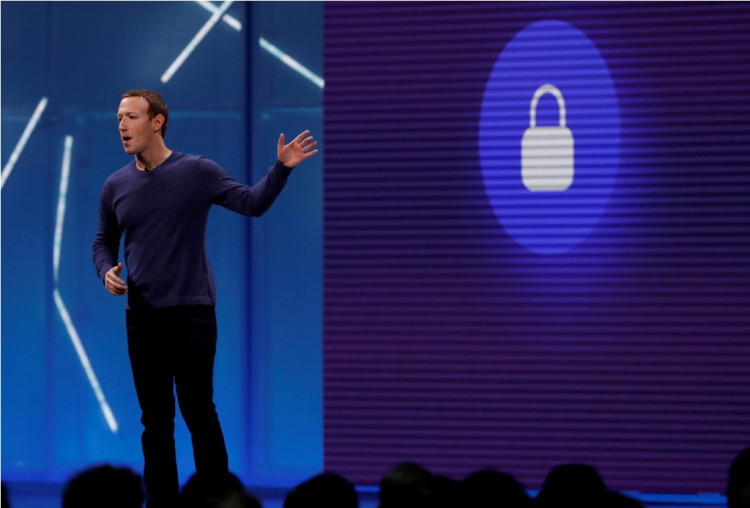Facebook has defended itself for paying a British newspaper to publish laudatory news about the embattled social media platform. The company said the move was made as part of an awareness marketing campaign in the United Kingdom.
In an email sent to Business Insider, Facebook spokesperson Vicky Gomes explained that the decision was made to raise awareness about the company's projects in the U.K. According to Gomes, its partnership with The Daily Telegraph "is part of our larger marketing efforts in the UK with the goal of educating and driving awareness of our local investments, initiatives, and partnerships here in the UK that have a positive impact on people's lives."
Despite Facebook's defense, some industry analysts said the move is an attempt to fill in holes that were branded over the years following multiple scandalous reports mainly about security. The company is reportedly in search of ways to counter the numerous criticisms it continues to receive.
Gomes further explained in her email that Facebook will continue to work with its London-based staff in efforts to "keep our platform safe." She said the firm will keep creating articles that will help educate internet users on adjusting privacy settings on the social media network and spotting which stories are fake and which are not.
According to The Drum, a number of media experts have expressed disappointment over Facebook's new partnership with The Daily Telegraph. While paying outlets to publish content about a company is not entirely new as other firms have done it, some critics believe Mark Zuckerberg's company has something else up its sleeve.
In a tweet, a writer for The Observer and The Guardian, Carole Cadwalladr, said that instead of getting publications to post laudatory articles, Facebook should "come to Britain" and answer questions hurled by the British Parliament. Senior Technology reporter at the Guardian U.S., Julia Carrie Wong, joined the Twitter opposition by calling the joint venture "absurd."
Multiple outlets confirmed that in March, over two dozen positive articles about Facebook have been published by The Daily Telegraph. On March 13, an article titled "What action is Facebook taking to tackle terrorist content?" Two days later, a gunman streamed the shooting and massacre of 50 people in Christchurch, New Zealand.
Gizmodo noted that the American company has been put on fire over the past years for numerous complaints including its reported failure to act on pro-genocide propaganda that has been troubling Myanmar. Christopher Sidoti, a United Nations official, told the outlet that Facebook's method in removing Myanmar-targeted racist posts was "as though the approach was apologized after the fact rather than try to prevent it in the first place."






